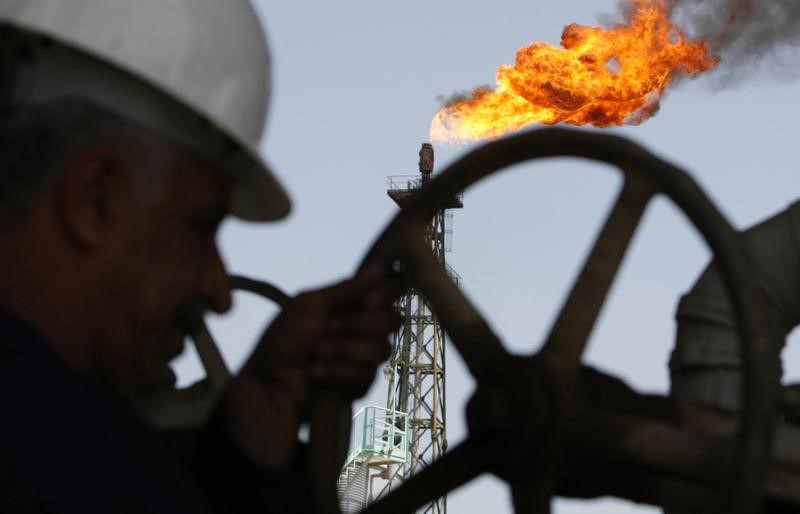By Peter Nurse
Investing.com -- Oil prices rose Monday, rebounding after last week’s sharp losses as fears of supply disruptions in the wake of Russia’s invasion of Ukraine continue to roil the market even with consuming nations set to release emergency reserves and rising COVID cases likely to hit Chinese demand.
By 9:20 AM ET (1320 GMT), U.S. crude futures traded 3.5% higher at $102.69 a barrel, while the Brent contract rose 2.9% to $107.36.
U.S. Gasoline RBOB Futures were up 1.7% at $3.2054 a gallon.
The two crude benchmarks fell around 13% last week, the biggest weekly falls in two years after the U.S. announced plans to release one million barrels per day for six months from the U.S. Strategic Petroleum Reserve, starting in May, the largest ever discharge.
International Energy Agency member countries followed with the announcement that they would also tap their emergency supplies, after an extraordinary meeting on Friday, to help ease the tightness in the market.
“We continue to believe that this action is more likely to cap prices, rather than provide significant downside in the medium term,” said analysts at ING, in a note.
Despite this addition to supply, global oil prices are still more than 30% higher this year, with Russia’s invasion of Ukraine, the associated sanctions imposed on Russia, and buyers' avoidance of Russian oil having already led to a drop in output and raised fears of larger losses.
These concerns were further added to Monday with European politicians discussing fresh sanctions after the emergence at the weekend of evidence of atrocities committed by Russian troops against civilians in Ukraine.
However, the continent still appears no nearer to a complete boycott of Russian energy, seen by many as the only way to exert enough economic pressure on Russia to change its course.
Elsewhere, oil also gained support from a pause in talks to revive the Iran nuclear deal, which would allow a lifting of sanctions on Iranian oil.
"America is responsible for the halt of these talks... a deal is very much within reach," an Iranian foreign ministry spokesperson said on Monday. "Washington should make [a] political decision for the deal's revival," he said, adding that Tehran would "not wait forever."
The U.S. State Department said last week that a small number of outstanding issues remain, pointing at Tehran to come forth with the solutions.
On the demand side, COVID cases continue to increase in parts of China, resulting in a prolonged lockdown, and a potential hit to demand from the world’s largest importer of crude.
“Shanghai started a staggered lockdown last week but surging cases appear to have left most [of] the city in lockdown now,” said ING. “The response by [the] authorities is a concern for oil demand, and is likely a risk that the market will have to continue to consider as long as China sticks to its zero-covid policy.”
